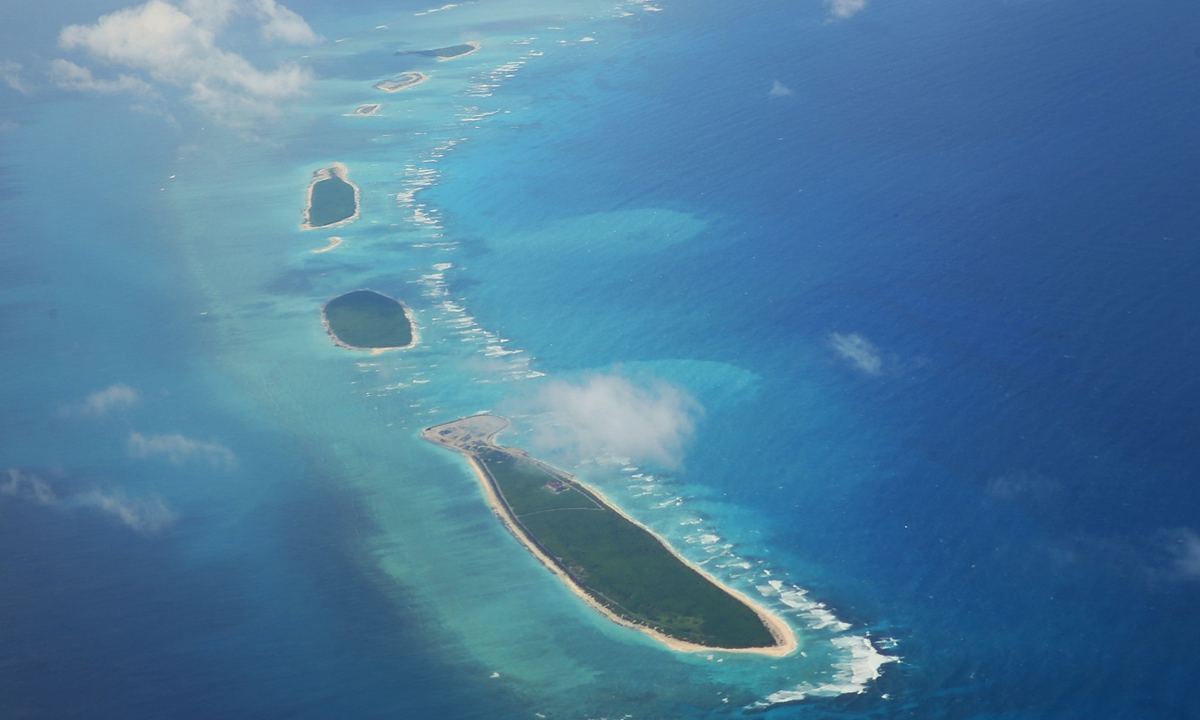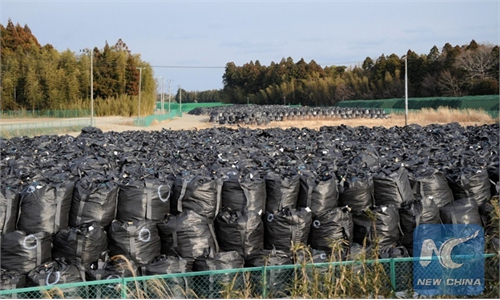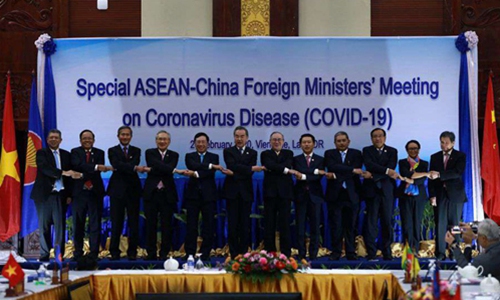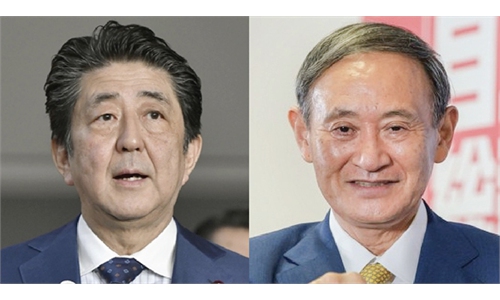
South China Sea Photo: VCG
Japanese Prime Minister Yoshihide Suga on Monday held talks with Vietnamese Prime Minister Nguyen Xuan Phuc in Hanoi. They discussed the South China Sea (SCS) issue and agreed to step up defense and security cooperation in the face of "China's expanding influence in the region," the Associated Press reported.
"Vietnam is crucial to achieving our vision of 'the Free and Open Indo-Pacific,'" Suga was quoted as saying. Vietnam is the first stop of Suga's first overseas trip as Japanese prime minister. Hyping the South China Sea issue in Vietnam shows that Suga is following former prime minister Shinzo Abe's right-wing politics. It seems that the Suga administration will continue to unite other regional countries in terms of the South China Sea issue, in an attempt to continue practicing the so-called free and open Indo-Pacific Strategy.
Japan is not a claimant in the South China Sea disputes, but has always shown its concern for the South China Sea and Southeast Asia. In 2016, 2017 and 2018, Abe met his Vietnamese counterpart to talk about the South China Sea issue.
"Japan has always been involving itself in the South China Sea disputes," Li Kaisheng, research fellow and deputy director of the Institute of International Relations at the Shanghai Academy of Social Sciences, told the Global Times.
But it would be difficult for Japan and Vietnam to strengthen their voices on the South China Sea issue. "In terms of the South China Sea disputes, Japan regards Vietnam only as an important leverage to hype the issue, a country that can help prove the so-called China's expanding influence in the region," Xu Liping, director of the Center for Southeast Asian Studies at the Chinese Academy of Social Sciences in Beijing, told the Global Times.
Japan, as an extraterritorial power, does not have any direct interest in the South China Sea. The South China Sea should not be a place where Japan coordinates with the US to unite a small group of countries against China.
"As a country outside the South China Sea, why is Japan acting so proactively on the issue? An important reason is the US-Japan alliance," Xu said.
As early as in 2012, Abe had proposed his idea of a "democratic security diamond," where Australia, India, Japan and the US state of Hawaii form a shape of diamond to encircle the South China Sea and jointly act against China. As a close ally of the US, Japan has more or less been roped in by the US in its anti-China alliance on the issue.
But Japan will not succeed in establishing a new diplomatic fulcrum in the South China Sea. Be it trying to unite Vietnam and other countries against China, or sending warships to the South China Sea, it cannot pose any substantive threat to China.
Suga said in September that Japan attaches great importance to China, and regards Japan-China relations as one of the most important bilateral relationships.
However, hyping the South China Sea issue does not help in this regard. Tokyo should be wary of working as Washington's pawn and jeopardize its own relations with China.



